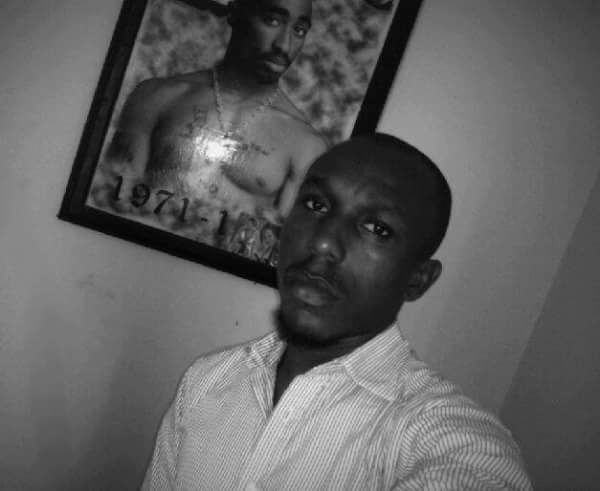If you were at Uniport but never saw Elechi Amadi’s Isiburu(A Play) on stage at the Crab, just go back there and beg the Theater Arts Department to put that play on stage for you. If they refuse, go to the Bursary department of that school and ask for a part refund of the fees you paid while in that school. Your were cheated!
The Theatre Arts Department of Uniport has the finest thespians you can find anywhere grooming young enthusiastic aspiring thespians. These guys perform wonders on their stage at The Crab. Heard Ola Rotimi was also there. Sam Dede, Columbus Irisuanga, Edward Imo, Julie Okoh, Innocent Ohari of the Willy Willy fame were some of the great hands I knew there.
The case of Wily Willy really got me scandalized; discovering the most scary manifestation of my childhood cinematic recollection was only a lecturer at Uniport got me kind of disappointed. Willie Willie? It was just bad. A dude called Tayo Banks, Benjamin ‘BJ’ Onyekaonwu, Jennifer Oti, Sunday Edum were some of the Crabites who brought the creative works to life on stage. Fine writing and these guys onstage were like fire to gunpowder.
The first night I saw Isiburu at the Crab, the great poet Odia Ofiemu was in attendance alongside Amadi himself. Having read the play severally, I concluded that staging it will not be without some serious challenges so I was very eager to see what these guys will do to bring this tiny but heavily loaded work to life.
The play progressed with the thespians delivering their act flawlessly until it came to the point where Isiburu finally died, claimed by Amadioha -who would not tolerate a hubristic wrestler asking Him, the Almighty God of thunder and lightening, to wait one more year before he gets his priestly services.
I waited to see how these Crabites will bring to tangible reality the magnificent signature manifestation of Amadioha in the form of lightening and thunder. Alas, they did it!
Thunder roared. The theater shook. The darkness was seared with such flashes of lightening that were children in that audience, there would have been scampering and wailing.
Then the chants of libation delivered in ancient Ikwerre poetry came. Amadioha led the divinities. Dike Ogu, Ojuwku Diobu, one after, they were summoned and they came and Isiburu’s prostrate corpse rose in macabre obeisance to the God its living counterpart would not acquiesce to in life.
It was a world class performance. The only failure that night was when the corpse was carried off stage head first! I was so alarmed I almost screamed. My worries were assuaged when Amadi himself pointed out that blunder and reemphasized the need to stick to traditional imperatives, “even if it’s only a stage play. My Ikwerre culture cannot accommodate such a taboo, creative licence or not,” he added.
Isiburu embodies traditional Ikwerre poetry in its finest form. Elechi Amadi, a traditionalist to the core, though more famous for The Concubine brought all the years spent answering the calls of ancient wrestling drums to the accompaniment of Ikwerre folk songs in his natal town of Aluu to use in this fine work.
If you love the theatre, go and see this play someday, preferably at the Crab where you will find greater gratification knowing that Amadi’s umbilical cords, buried just 5minutes away in his natal town of Mbodo, Aluu, feeds the very soil the theatre and the entire Uniport stand on.
Elechi Amadi was a fine writer. He was one of the best gifts Rivers state gave to mankind. I heard so much about him that when I finally met him, I was deflated.
He was dressed in worn, washed clothes. He was simple. I thought it was a one day thing until I met him again and again and again and finally visited his home at Mbodo. His house was a reflection of himself.
Those who are truly sincere in their service to mankind, to Nigeria, do not sing loud songs of integrity and honesty. It shines all around them.
(In memory of Captain Elechi Amadi May 12, 1934- June 29, 2016)




